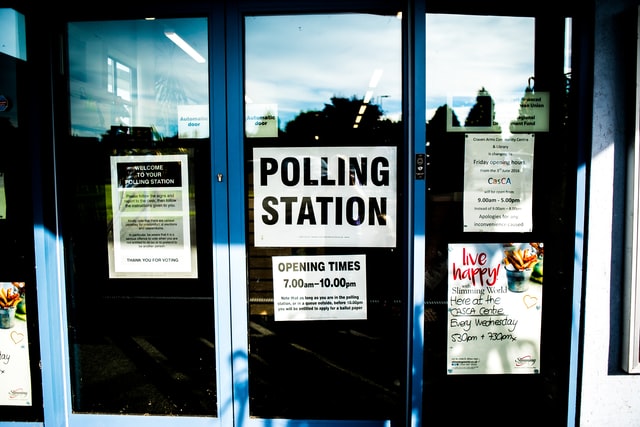Mental Health Resources
The world is always changing and whether those changes are welcome or devastating they affect our mental and emotional health. In our conversations with others we have seen an increased need for connection, belonging, and increased understanding around mental health. The world has seen professional athletes speak up, royalty speak out, and movements arise to normalize therapy and start the conversation around mental health. This page is a collection of guides as well as an invitation to start a conversation.
We are not mental healthcare professionals or experts, but have consulted with a number of them. Our goal is not to advise or offer solutions, but to help you get the conversation going– at home, in your communities, at work.
What would a conversation around mental health look like? Our team recently convened for an intergenerational conversation around that very subject you can watch below. We had a father, grandmother, high school teacher, faith leader, college student, and recent high school graduate all share what mental health has looked like in their lives. We sincerely hope you have similar opportunities soon.
Mental Health Conversations
Loss and Grief in the Time of Corona
Tips for Talking about Mental Health
- Confidentiality– it is important to maintain confidentiality and not attribute comments to an individual without clear consent. When dealing with mental health there are also red flags that need to be reported. If you are in a critical place with your mental health, please contact professionals or a hotline for help.
- Strong emotion or trauma may surface when you talk about mental health. If that happens, try grounding techniques, like breathing deep or connecting with your senses.
- Remember nobody expects you to be a therapist, you are an active listener
- Share from your experience, but use broad strokes. This is not a space for sharing specific details related to trauma, be mindful of how much of your story you share and who else you mention in the story. If you’re not sure how to navigate that, focus on the impact events have had on you rather than the events themselves.






























